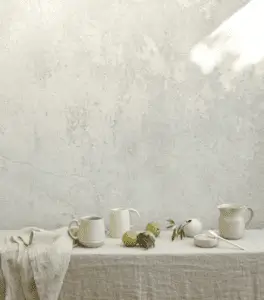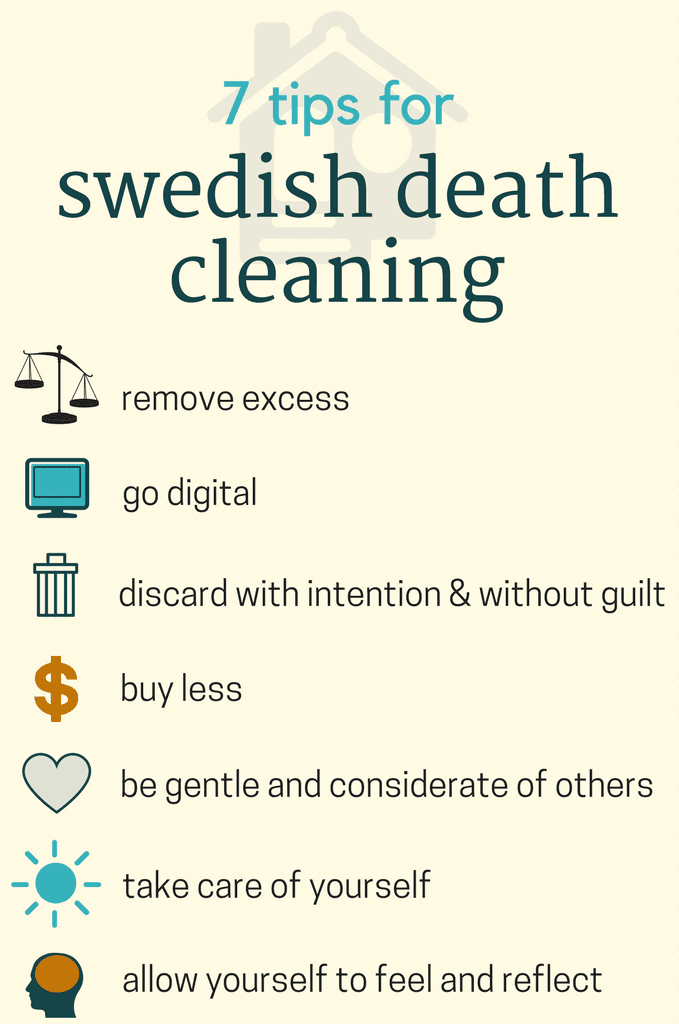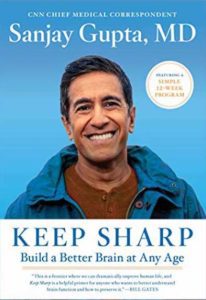Three concepts for happy living – and better language learning
In my previous article “The Rejection of Perfection” I wrote about two of my favorite new words/expressions: hygge and wabi sabi.
First, let’s review and expand on these two concepts. Then we’ll add a third concept to round out a terrific trio of cool concepts from Denmark, Japan, and Sweden.
More about the cozy and imperfect process of learning a language
I discovered hygge (pronounced hooga) in Helen Russell’s The Year of Living Danishly, and I continued to read about it in The Little Book of HYGGE (Danish Secrets to Happy Living) by Meik Wiking.
Wiking is the CEO of the Happiness Research Institute in Copenhagen!
He says “Hygge has been called everything from ‘the art of creating intimacy’, ‘coziness of the soul’ to ‘taking pleasure from the presence of soothing things.’” He goes on to say that “hygge is about an atmosphere and an experience, rather than about things. It is about being with the people we love. A feeling of home.”
A feeling of home may connect to learning Spanish or French thanks to connections with multilingual friends and family, memories of taking French or Spanish classes in school, or simply the long-felt desire to learn this language.
Most importantly, the teacher should create a homey atmosphere in the classroom where students feel comfortable and happy.

The Japanese expression wabi sabi means the discovery of beauty within the imperfections of life and art. Wabi-Sabi Welcome by Julie Pointer Adams talks about “Learning to embrace the imperfect and entertain with thoughtfulness and ease.”
I remember last year walking by a wall in my dining room where a chair in the corner had scraped against it. I thought, “Damn, I’ve got to paint the wall.”. Then I said “wabi sabi” and kept on walking!
The same thing goes for learning French or Spanish because we realize that it is highly unlikely that we will speak a new language perfectly. And that is “perfectly” okay. As we mature we “get over ourselves” and relax and do the best we can. Our efforts will be appreciated even when we make mistakes.
Purging the Clutter in Your House (and Your Mind)
My third new favorite word is dödsstädning. It translates as “death cleaning.”
For many reasons, I’ve started to purge my belongings. That’s why this Swedish word caught my eye. It appeared on the same page as the headline “I used to bungee jump. Now I worry about driving in the rain.”

Oh boy! I’m Swedish on my father’s side and “Decluttering, Swedish Style” was sure to catch my attention.
With my health history, I have no idea how long the rest of my journey is, and I need to get rid of the flotsam and jetsam and steer a clearer path.
Partly it’s so my family doesn’t have to go through all of my crap if I walk through the door that my father is guarding. Partly it’s to rediscover what I have.
If I still love it, I keep it.
If not, it goes.
If I’m not using it, can I repurpose it? When family and friends visit, I encourage them to take things they might want. (There’s a similarity to Marie Condo’s “If it sparks joy” concept, but then she is also really into organizing and I refuse to fold most of the clothes in my drawers.)
Our neighborhood has been having tag sales. They’re actually fun, and they make me focus on filling up the garage with things that I no longer use. I can make money and then take everything left over to Cancer Connection and Good Will.
I don’t feel morbid about this. I still buy things now and then, and I receive lovely gifts so I have to make room for them, right?
As I purge old stuff and welcome new treasures, I find the room, the mental space, for things that matter most: friendship, family, community. That includes speaking different languages with old friends and new acquaintances.

It gives me the bandwidth to brush up on a language I may have studied or spoken in the past and practice my ability to discover new things. As Sanjay Gupta says, discovery is one of the five pillars to “Keeping Sharp.”
Personally, I have put together all of my materials in Catalan and aim to go from my high beginner level back to the high intermediate level I was at when I lived in Barcelona. I also intend to practice writing in Arabic as I was once able to write everything I heard (even if I didn’t know what it meant).
Clearing out the clutter in my life will allow me to focus on things I really care about.
So now I have the Terrific Trio.
Dödsstädning joins hygge and wabi sabi as another concept that helps me keep my balance and enjoy this latest chapter.
By Alexis Johnson with Chris Elliott
Adapted from an excerpt from the forthcoming book Dancing with Words by Alexis Johnson
Related articles about learning Spanish, studying French, taking Portuguese classes, and more:
- The Rejection of Perfection in Learning a Language
- Great ways to learn Spanish online and why it’s important.
- Top 7 reasons to speak and learn Spanish fluently in the USA.
- World of jazz: Interview with Andy Jaffe, a Portuguese and Chinese language student living in the USA.
- Spanish is Darlene’s Superpower: Interview with Darlene, a Spanish language student living in the USA.
- Kathy Learning Spanish (again): Interview with a Spanish language student living in the USA.
- How Alice Flexes her Brain Through French film: Interview with a French and Spanish language student living in the USA.
- Charles the language person: Interview with an Italian and German language student living in the USA.
- Takehiro Rises: Interview with an ILI English student from Japan who built a career in the USA.